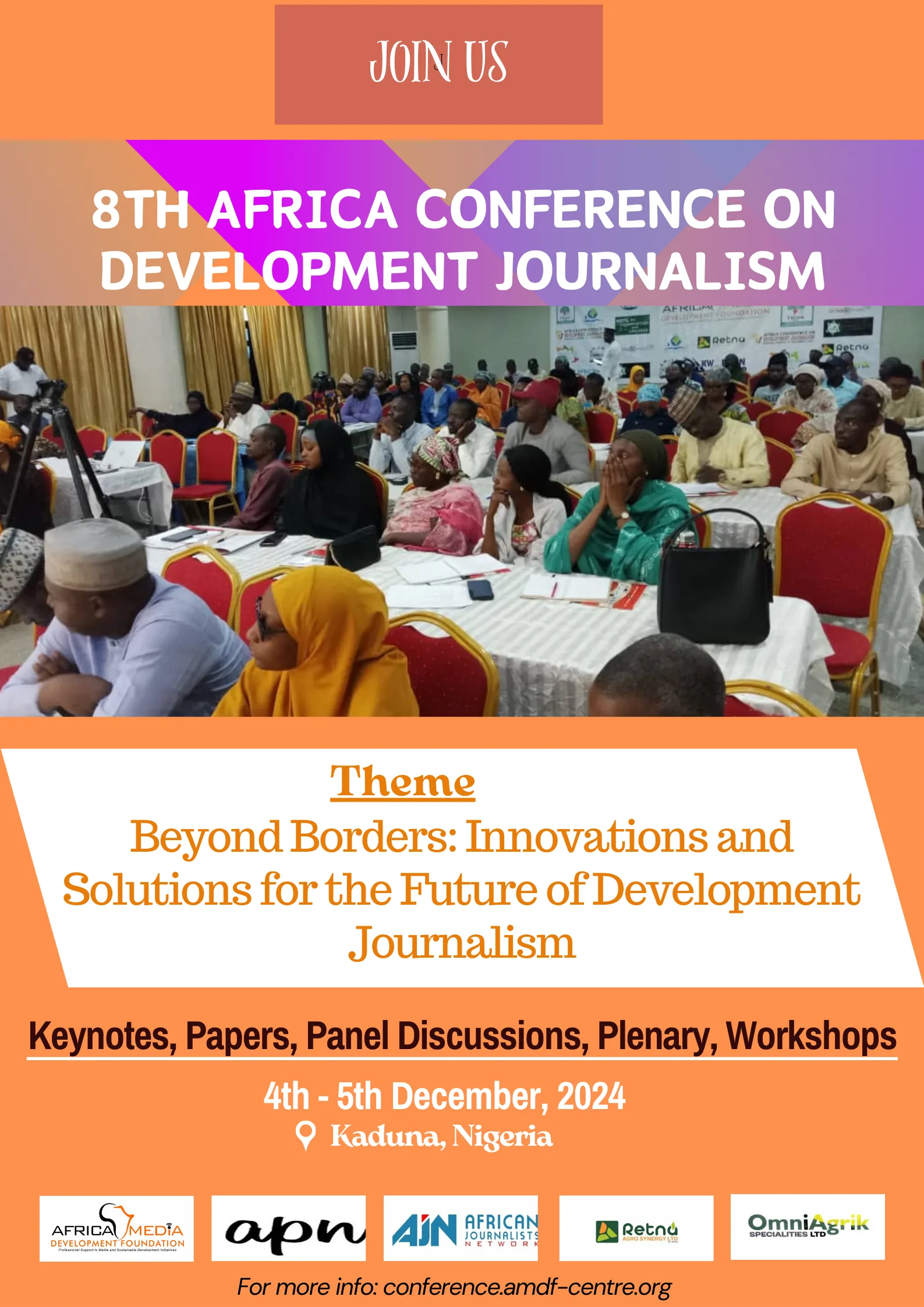Against the Coronavirus pandemic and the resultant effect of high rise of fake news or unverified information due to limited access and other associated challenges, African journalists have been tasked to brace up by providing Credible and professional reports.
This is with a view to meeting the people’s expectations of credible information that would guide them to make right choices.
The Executive Director, Africa Media Development Foundation, AMDF, Iliya Kure thrown the challenge at a Development Post led by a Communication Specialist, Ahmed Maiyaki through Zoom which brought together other experts to discuss News Reporting at the time of pandemic.
Kure noted that people are after credible information hence the need for African journalists to rise up to the challenge presented by the pandemic to provide credible and professional reports.
Journalists, he said, can do this, by inculcating professional standard of verifying and double checking every report before dishing it out to the public.
“As journalists subject their reports to professional and editorial processes, every personal bias and prejudice will be sift out and the public will have access to credible information which will go a long way in building trust for the media”, Kure re-emphasized.
While calling on journalists to rely on their contacts since communities are out of reach, the AMDF Executive Director, stressed the need to verify every information gotten, to curtail the spread of fake news.
The media Chief Executive advised journalists and media stations to revive the use of listener’s and viewer’s club to verify information on happenings around communities.
One of the Panelists, Mallam Balarabe Sa’id, a lecturer with the Kaduna Polytechnic, decried the gap in capacity of journalists in reporting on the pandemic.
Sa’id noted that most of the stories carried on the pandemic are official statements with little analysis on the impact of the pandemic on agriculture and other aspects of life.
This he attributed to low capacity and lack of competence and mentoring.
The experts therefore advised African journalists to rise against these challenges to imbibe the culture of research and fact finding in content development, if they must take their place as professionals.
Other issues raised during the conversation were: lack of remuneration package for most African journalists which often exposed them to compromising tendencies at the detriment of quality and credible information.
Censorship from most media owners who are allies of government to drop any report that tend to hold government accountable, was also identified.
